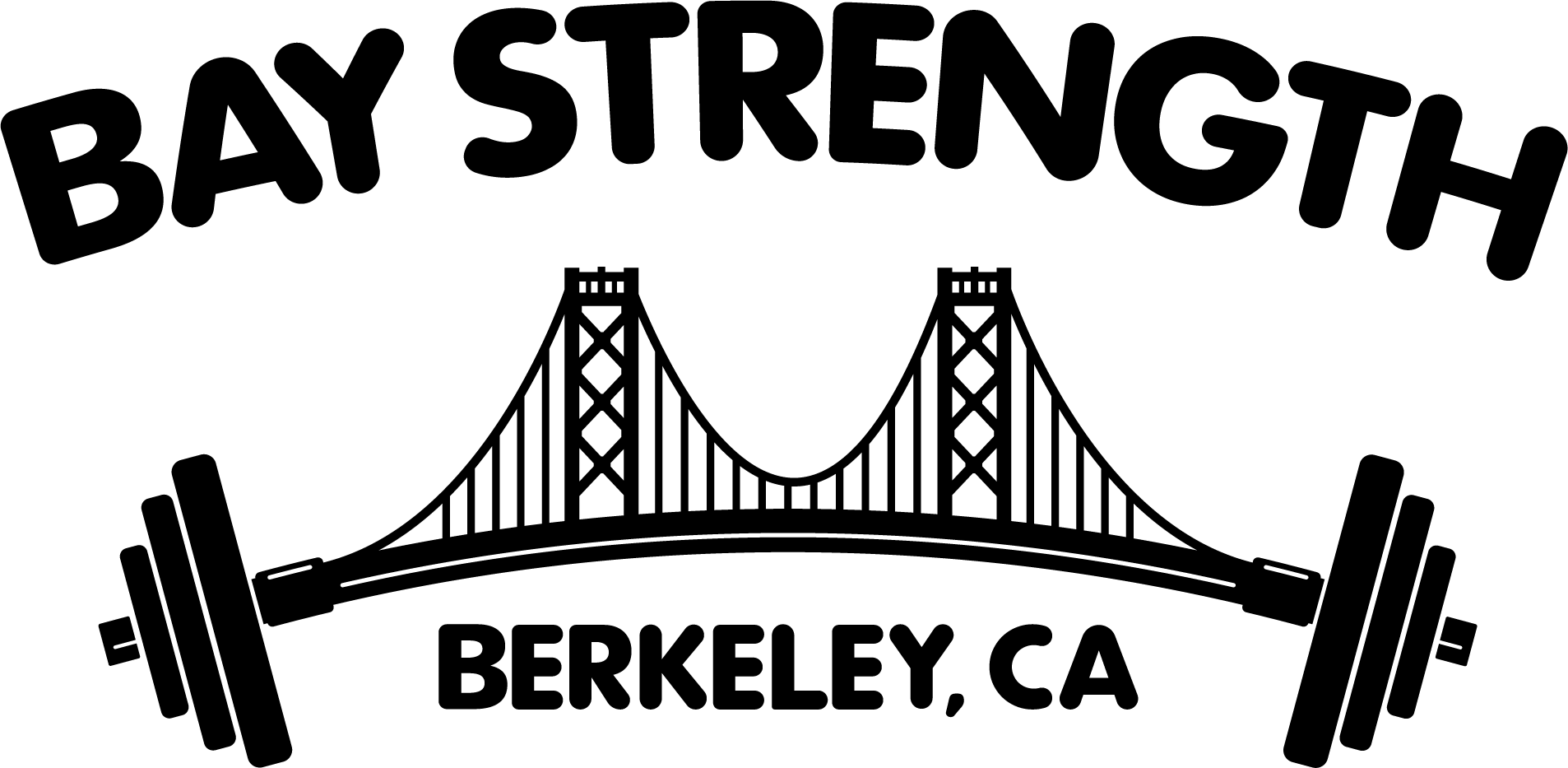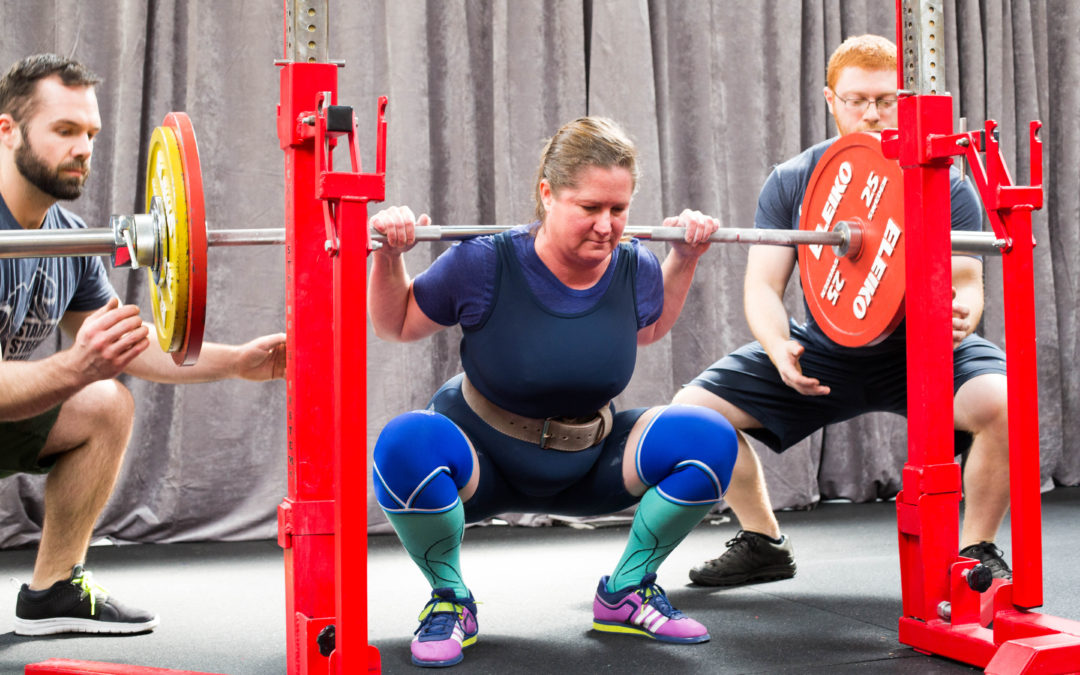
by Gwyn | Apr 14, 2017 | News |
Bay Strength had a great showing at the 2017 Spring Starting Strength Challenge! This is the first time this meet was sanctioned by the US Strengthlifting Federation, and lifters that competed in this meet can qualify to compete in a National level meet. The contested lifts were the Squat, Press and Deadlift.
by Katherine Bickford | Mar 27, 2017 | Athletics |
Novices can benefit just as much from competition as Intermediate and Advanced lifters, if not more. With proper expectations and sound coaching, the novice should be encouraged to compete, for what can be learned on the platform is lasting and of immense value.
A coach and trainee may find many other areas of growth in a competition. Perhaps a lift that has been lagging will become a new favorite. Confidence may grow, and the relationship between the coach and the lifter may deepen. The experiences shared with teammates will result in camaraderie, another important source of support during training. For all of these reasons, a beginner should not be asked to wait to step onto the platform. It should be encouraged as an essential part of their early progression as a lifter.
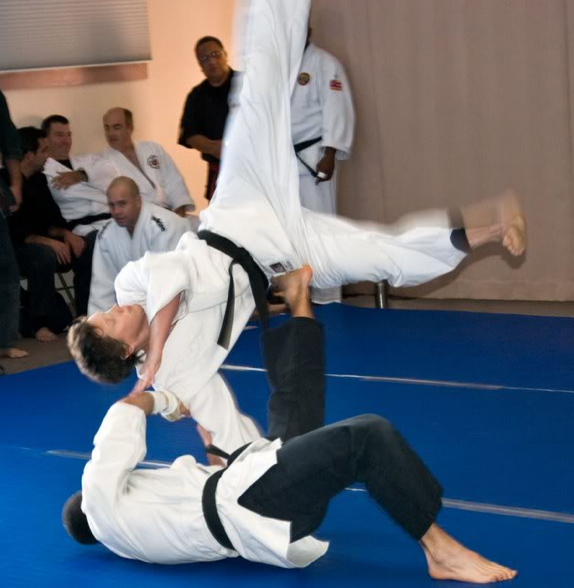
by Gwyn | Mar 15, 2017 | Training |
As a strength coach, the best advice I can give you, the novice trainee, is to spend the duration of your linear progression with a singular focus – getting stronger.
Training for strength takes advantage of the body’s ability to benefit from the stress/recovery/adaptation cycle. Originally described by Hans Selye in 1936 as a mechanism to describe the set of responses an organism goes through in order to adapt to an external stressor, the stress/recovery/adaptation cycle is a simple way to understand our infinite capability as humans to adapt and change.
However, some of us, myself included, suffer from the desire to become accomplished in many kinds of physical pursuits and are unwilling to stop practicing these other disciplines for the length of time it takes to run a linear progression. Factors that affect recovery include adequate rest, food (especially protein) and sleep. Failure to respect the need for the recovery piece of the stress/recovery/adaptation cycle will derail your linear progression.
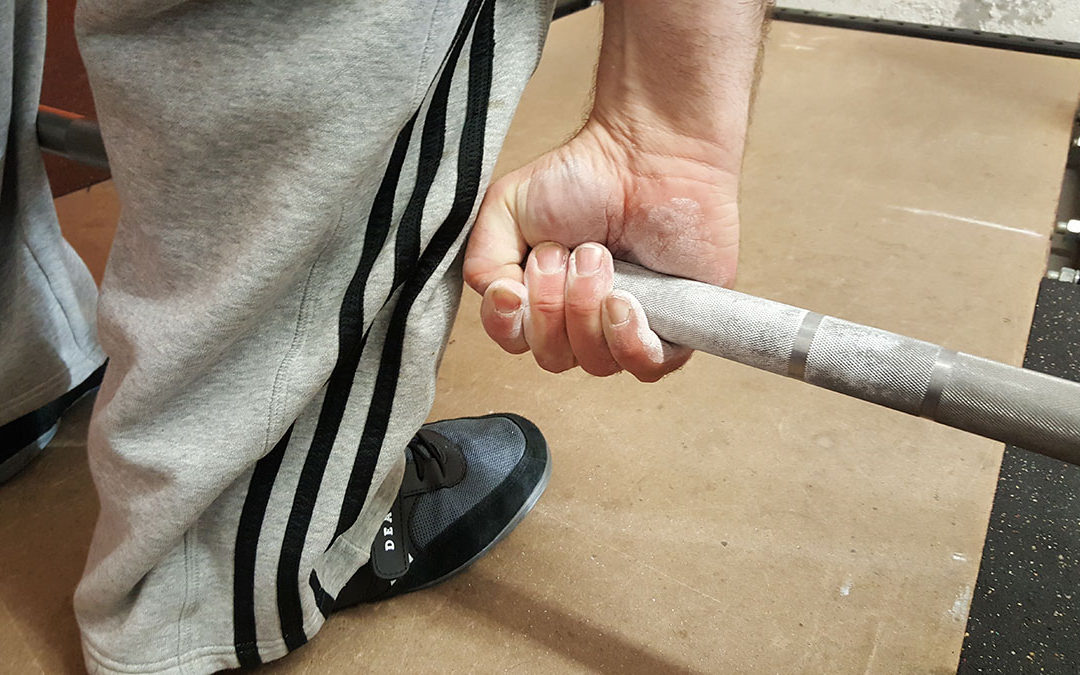
by Jeremy Tully | Mar 14, 2017 | Training |
Selection of grip is an important consideration for the deadlift. In the Starting Strength method, we start new lifters with a double overhand grip because it produces a symmetrical stress across the shoulders and because it builds grip strength.
But before long, every lifter reaches a point where the weight on the bar in the deadlift exceeds their ability to hold onto the bar with a double overhand grip. When this happens, they need to switch to either a mixed grip or a hook grip.
The hook grip is preferable, and this blog post explains how to transition to using it.
by Katherine Bickford | Feb 20, 2017 | Nutrition |
If you had some butchery knowledge you could try boning out chicken yourself, but let’s save money and make use of the good qualities of bone-in instead.

by Gwyn | Feb 6, 2017 | Uncategorized |
Sometimes it can be challenging to take a diet high in carbs and fat to one that’s high in protein, especially if you need to limit your total calorie intake. Below is a handy guide to foods that are mostly protein. If you don’t need to worry about your...
by Katherine Bickford | Jan 31, 2017 | Nutrition |
So you’re doing your macros and thinking about how to get enough protein without overloading on calories. But be honest – you might also be thinking “How the hell do I make food taste good without fat and sugar?”
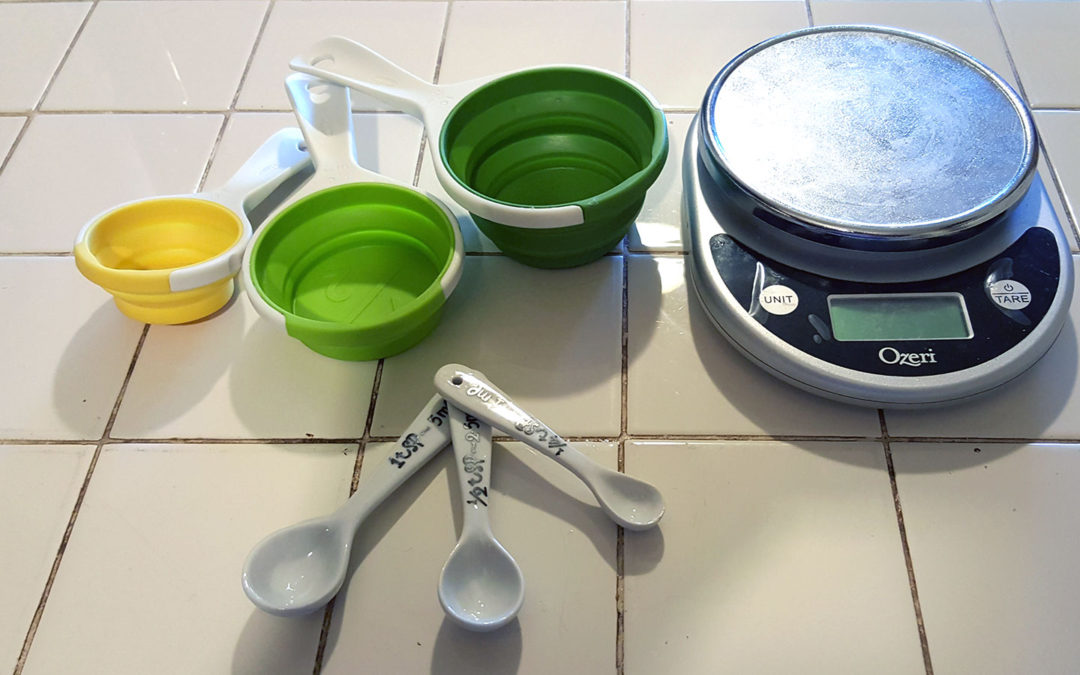
by Jeremy Tully | Jan 26, 2017 | Nutrition |
Nutrition is one of the most vexing challenges facing trainees who are new to barbell training.
People who take up lifting typically have some sense that they have to eat a lot of food to support their training, but often don’t have a frame of reference for what “a lot of food” actually is. It is common for new lifters to think they are eating enough while actually be consuming an inadequate amount of calories, protein, or both.
The most surefire way to tackle this problem is to measure and track your food intake. While this may at first seem like a lot of work, it is actually a simpler and less labor intensive process than many people may at first think. The purpose of this blog post is to give lifters a simple and straightforward way to approach the problem in order to get the most out of their training.
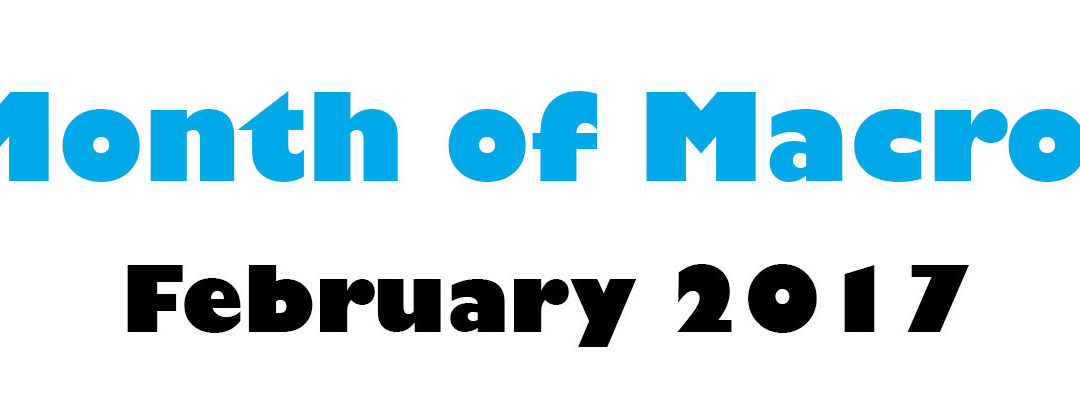
by Kelly Bryant | Jan 26, 2017 | Training |
We are thrilled that you have chosen to make getting stronger a priority in your life and so happy you choose Bay Strength to help get you there. Now we want to challenge you to take it to the next level! Everyone knows what you eat plays a huge role in strength training and overall health, but not many people actually keep track of what they are eating and how it is affecting them. This brings us to our challenge: A Month of Macros! Your Bay Strength coaches are challenging you to track your Macros (protein, carbs & fats) every day for the entire month of February. This is not a diet or weight loss challenge, but rather an opportunity to get the most out of your training, learn about proper nutrition, and improve your health, all while getting support from your coaches and teammates.
by Katherine Bickford | Oct 28, 2016 | Athletics, Training |
“It was really, genuinely FUN, which I hadn’t necessarily been expecting. Seeing strong people lift—in person—also helps shift what might have once been crazy out-there numbers into the realm of the possible.”

